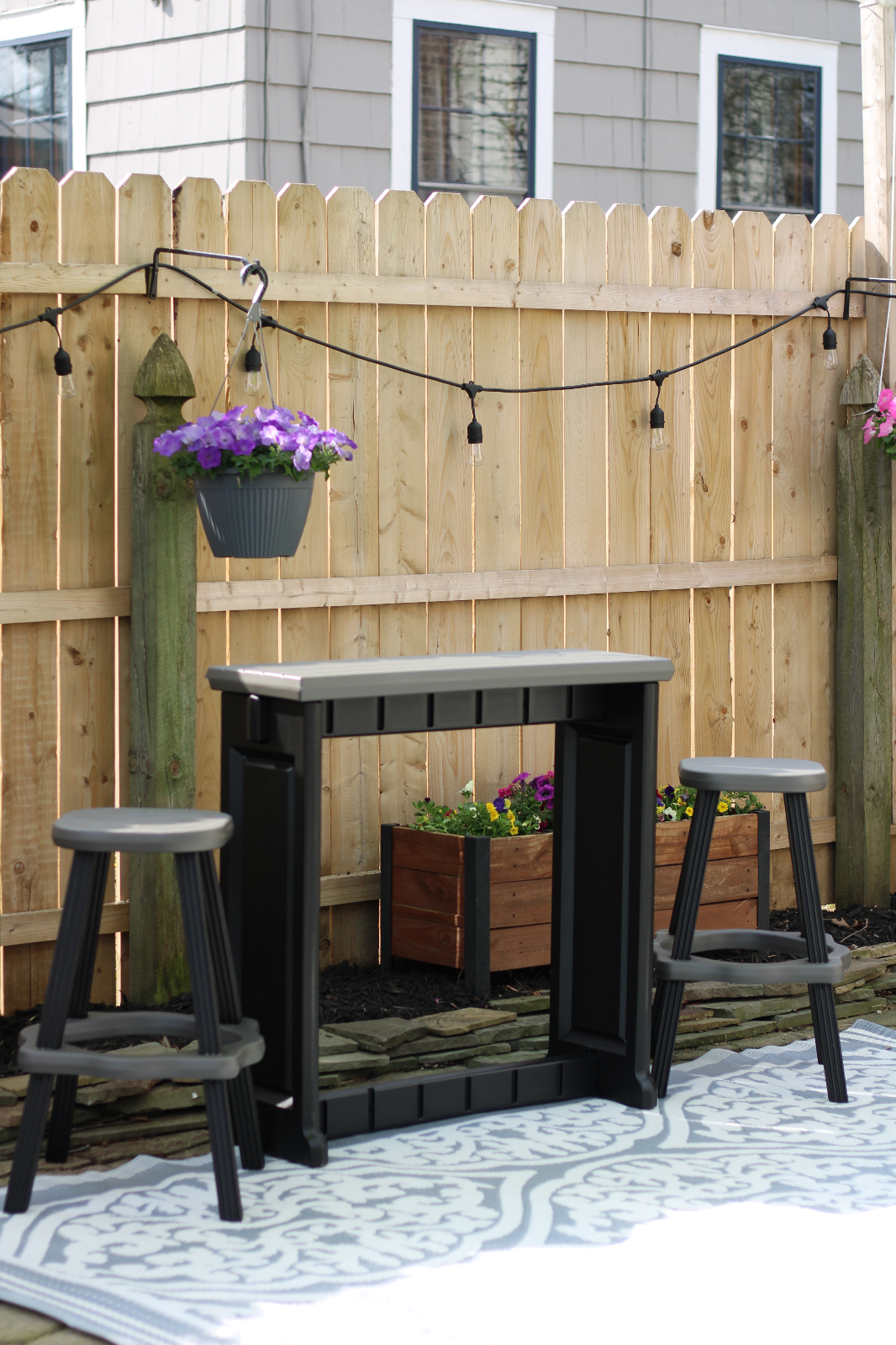Social justice, diversity, and understanding
In 2020, tensions over social justice reached a fever pitch and the streets of urban America were filled with protests, some peaceful, some not, over wrongs that were perpetrated against certain segments of the population.
Large corporations joined in the cacophony and claimed their support for minorities and their desire to end systemic racism. Unfortunately, most of those statements and press releases were nothing more than slick public relations…marketing and advertising. What have they done? What will they do? They never really said.
Those questions have never been an issue at Confer Plastics. We have a long history of working well with everyone and doing what we can to help populations that might otherwise be given short shrift elsewhere.
Here are some examples of what we’ve done to respect, advance, and love our fellow man…
Diversity in employment
When civics organizations and school groups tour Confer Plastics we are invariably asked to comment on the depth of our diversity since it seems unique.
It is.
Niagara County is 13% non-white, while the City of North Tonawanda is 4% in that regard.
Confer Plastics is in excess of 37% non-white.
Diversity in management
That diversity in the factory is also shown in the diversity of upper- and middle-management. Our general manager is Korean-American. The supervisor and inspector on the first shift are African-American. Our assistant foreman on 3rd is Latino.
Diversity in the skilled trades
Too often, men and women of color have been left out of the skilled trades in America. Not so here. Half of our maintenance team is minority. A third of our set-up crew is minority. We’ve invested in their development as apprentices in the plant and through continuing education programs at local trade schools.
Diversity in nationality
Our diverse population is diverse in the nation of birth, too. Eight different nations count themselves as the birthplaces of our coworkers. Of them, 1-in-10 Confer employees hail from Myanmar, a land ravaged by civil war, ethnic cleansing and genocide. Our Burmese coworkers came from a literal Hell on Earth, escaping that evil only to end up in deplorable refugee camps overseas before being granted asylum in the United States. We are providing them the opportunity they need to achieve the American Dream.
Diversity in criminal history
We have long been understanding of the plight of the formerly-incarcerated (60% of New York’s ex-criminals remain unemployed one year after their release of prison) and society’s role when it comes to redemption and reform. We “ban the box” on our applications and in hiring practices, affording men and women who may have had a tough time in life to pursue the better life they want and deserve.
Diversity in outreach
We have an open-door policy at the plant whereby we allow schools and clubs to tour our facility so their kids can learn about educational and career paths related to manufacturing. We welcome all districts and have encouraged many inner-city schools and specific programs targeting troubled youth to tour our operations so we can help them see what the world holds for them if they stick to their studies or focus on a vocational trade.
Diversity in respect
So, why do we do all this?
We do what we do because it’s the right thing to do. It wasn’t some defined, statistical, and strategic effort. Instead, it was based on valuing all men and women on who they are, who they’ve been, and who they can become…regardless of skin color.
Human potential is significant.
So is the potential of the American Dream.
Why not allow both to flourish?
We do what we can to make sure everyone lives that Dream, ensuring a bright Today and brighter Tomorrow for them…and our world.
